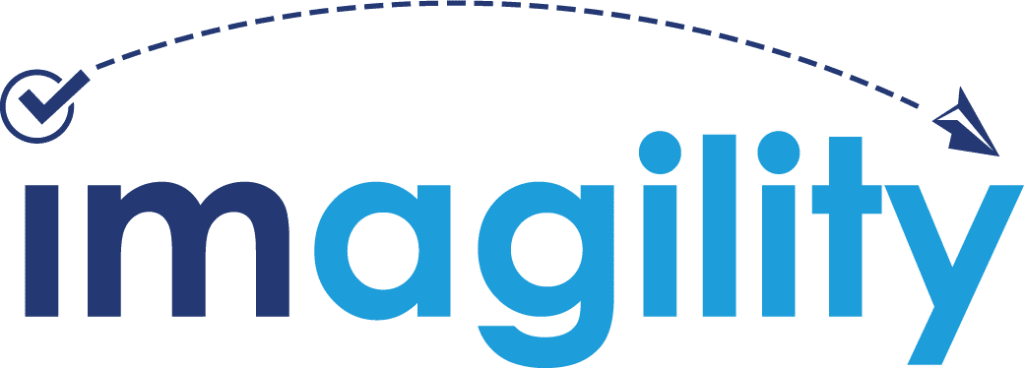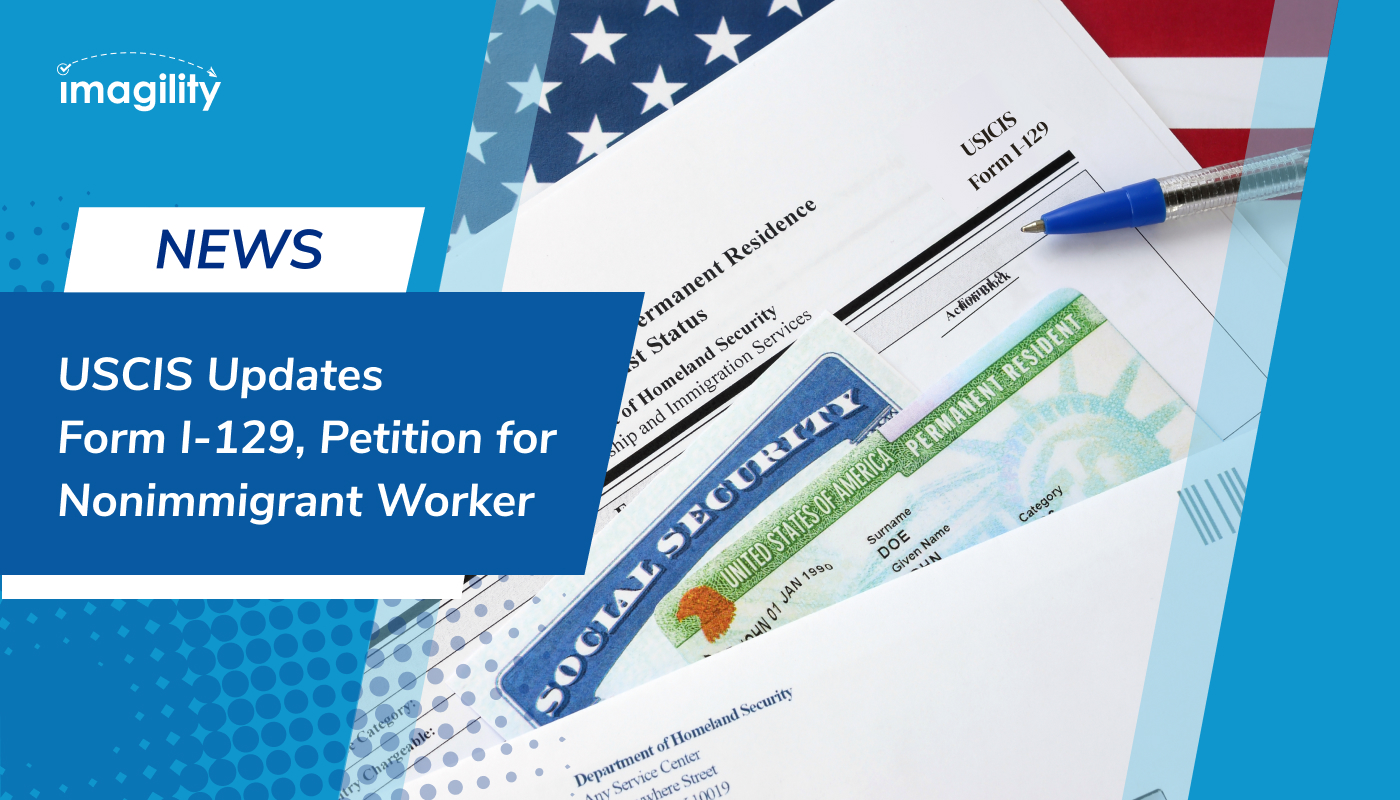Democratic leader and White House commissioner for Asian American, Native Hawaiian, and Pacific Islander (AANHPI) Affairs, Ajay Bhutoria, has introduced a groundbreaking immigration reform proposal at the AANHPI Commission meeting. The commission unanimously approved this initiative aimed at addressing the substantial backlog of employment-based immigration green card visas in the United States.
Bhutoria’s proposal focuses on individuals with approved I-140 employment-based visa petitions in the EB-1, EB-2, and EB-3 categories. It urges the Department of Homeland Security’s US Citizenship and Immigration Services (DHS-USCIS) to grant employment authorization documents (EADs) and travel documents (advance parole) to alleviate the challenges faced by these individuals and their families.
The current green card waiting period, particularly affecting thousands of Indian professionals in the US, can extend over a decade, limiting job opportunities and professional growth. Although the commission’s recommendations are non-binding, they will be presented to President Joe Biden and, if approved, forwarded to the USCIS for implementation, a process that could take six to 18 months.
The proposed reform offers significant relief to those enduring long green card backlogs, providing stability and security in their employment in the US. According to Bhutoria, the validity of EADs and travel documents should extend until the green card application reaches its final processing stage.
Bhutoria emphasized that the backlog in employment-based immigration green card visas has broader implications beyond bureaucracy. It deprives the US of highly skilled foreign-born workers, particularly from AAPI countries like China, the Philippines, and India, who contribute significantly to the country’s growth.
He highlighted the adverse effects of the backlog on individuals, including prolonged employment with the same employer, limited job portability, and the resulting impact on mental health. The proposed recommendation aims to enhance career opportunities, reduce the burden of temporary status, and improve the overall well-being of immigrants and their families.
Bhutoria also emphasized the positive impact on long-term H-1B visa holders, allowing them to move freely between employers without restrictions. This flexibility benefits both workers and the economy, addressing critical workforce shortages in fields such as healthcare and STEM, and offering protection against deportation in specific circumstances.
Source: MSN

















